Gulf Seafood, Midwest Farmers and Locavores
As fishermen continue to struggle throughout the Gulf of Mexico, and scientists report that deep sea coral is dying in swaths across the ocean floor near the BP oil spill well, the ocean seems far from recovery. Even before the spill, the Gulf of Mexico faced negative consequences that come from over-fishing, drilling, erosion and excess fertilizer flowing from the Mississippi. The oil spill, it seems, may just be final straw to an ecosystem on the brink of collapse.
What does this mean to us, people living thousands of miles away?
For fishermen and restaurants in the Gulf region, it means that putting healthy, safe food on the table is a daily struggle. For farmers in the Midwest, it means more pressure to practice responsible farming to keep excess fertilizer out of the Mississippi river. Here in Portland and the Pacific Northwest, we feel isolated from the Gulf coast – but we’re not.
When we came back from the Gulf this summer, I wrote a post stating that until an independent third party source could verify that Gulf seafood is safe, I would not eat it. I would love to be ordering a big pot of Louisiana oysters right now, because the people down there need our support.
Sadly, I’m not at the point where I feel comfortable doing so. Bob Naman, a chemist for Analytical Chemical Lab in Mobile, Alabama, is the only source of independent tests I could find. And his test results show high levels of toxic dispersant chemicals in Gulf seafood.
How can this be? Why isn’t the FDA telling Americans to avoid this potentially toxic food? In fact, they are doing exactly the opposite. Hugh Kaufman, senior analyst at the EPA, explains that “[the FDA] selected the one compound that doesn’t bio-accumulate, as opposed to testing for the toxic ingredients that have a low safety threshold and do build up over time in tissue. They are not looking for those.” But Naman is, and he has found plenty. The chemicals and the oil are still in the water, and therefore, in the fish and sea life.
Unfortunately, I am not rolling up my sleeves and ordering oysters just yet. And to be honest, since my trip to the Gulf, I have given up eating fish altogether. The ocean’s ecosystem is under a great deal of stress and I personally do not want to be a part of depleting what is left. This however is not the answer to fixing the problems of the Gulf or the rest of our ecosystems in distress. The possibility of a solution is much larger and more complicated.
In truth, some days, I don’t feel like eating anything. I find it so hard to really know where my food comes from, how it is affecting the environment, and whether I am making the best choice?
Ultimately though, I am a chef. I love eating, cooking, shopping for food and – to a smaller extent – growing it myself. Food is a passion I cannot escape.
So, if we don’t want to support big oil, what can we do? We can stop driving our cars, stop buying plastic water bottles, ban plastic bags.
But at the end of the day, we have to eat. And food is trickier.
Portland of all places is a hotbed for local food and sustainable eating practices. And we all have a different, simple idea of what that means for us – be vegetarian, be vegan, be local, be a conscientious carnivore… the list goes on.
But if I simply replace my steak with a veggie burger, I am ignoring the problems created by runoff from Midwestern soy farms or forest degradation in Brazil. If I opt for nuts, I have to ignore that my almonds and cashews are grown on monoculture farms in California that are destroying honey bee colonies. I can buy my apples locally, but does that mean my farmer was conscientious about not polluting the nearby streams and rivers?
I want to suggest a different, more complicated solution – staying connected to where our food comes from. I want to know the fisherman who caught the shrimp that I am about to eat. I want to know how the cow that made my cheese lived, and learn about the farm that grew the wheat for my bread.
I know it is a romantic notion; one that can be deemed too hard, too time consuming. But I think that it is these connections, and being willing to really ask the questions, that will help the Gulf and the rest of our country.
Every time we sit down for a meal we are making a choice, a vote for what we want our food culture to look like. And every time we ignore the fact that we don’t know where our food comes from, it is a vote for Monsanto, for big agriculture, a vote of ignorance and compliance. I for one will never be perfect, some days it will be too hard, I will not have the time, and I will never make all the right calls. But I will keep asking the questions, and keep trying to know, and to understand, how my food got to my plate.
Tony Thompson, one Midwest farmer who is working to manage his farm in a way that doesn’t flush pollutants to the Gulf, said, “My job is to be a farmer, and I’m very committed to being the best farmer I can be. I know to be a farmer I’m going to make a mess, and there are going to be mistakes, but my job is just to do a better job than I did last year.”
I think his words can be applied to all of us, as consumers, eaters, and human beings.
By Anna Clark, Pastry Chef, Portobello Vegan Trattoria

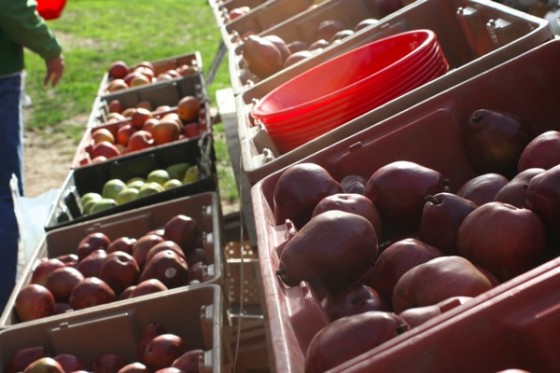














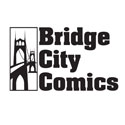
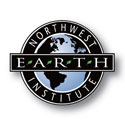

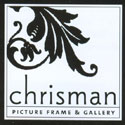
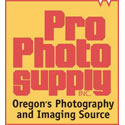


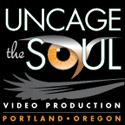
NO COMMENT
Leave a comment